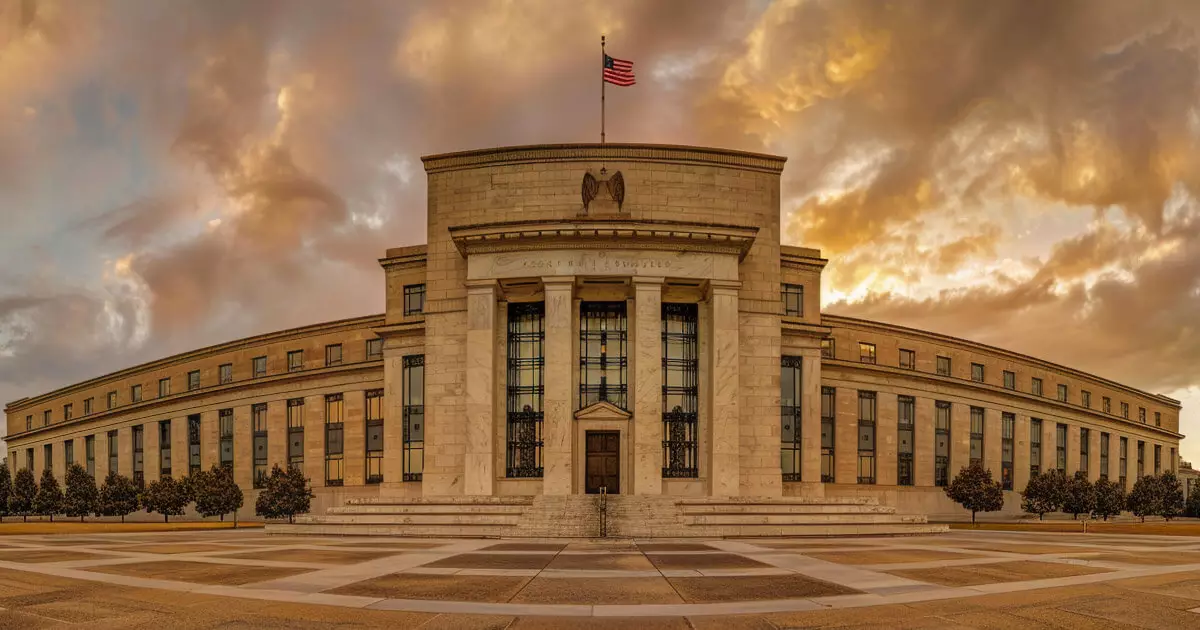Caitlin Long, the CEO of Custodia Bank, has raised pointed allegations against the US Federal Reserve, accusing it of deliberately perpetuating anti-crypto policies while masquerading as a pro-innovation entity. The recent announcement from the Fed claiming to rescind restrictive guidelines sounds promising at first blush. However, by maintaining a crucial rule that prevents banks from directly engaging with cryptocurrencies, the Fed has exposed itself as a gatekeeper for major financial institutions rather than a facilitator of disruptive innovation. This double speak is troubling, as it conflicts with the rhetoric around encouraging technological advancement in finance.
Fostering Inequality Among Banks
Long’s assertion that the Fed’s strategy offers an unfair competitive advantage to large banks is a significant concern. While the central bank rescinded four pieces of guidance, it left intact a key ruling from January 2023 that hampers banks’ ability to participate in the evolving landscape of digital assets. This effectively locks out smaller players and startups, stifling creativity and innovation. The major banks are now positioned to benefit from private stablecoins while others in the sector struggle under a void of regulatory clarity. The social ramifications of this preferential treatment could lead to an entrenched financial oligarchy that undermines the principles of free market competition.
The Chilling Effect on Decentralized Networks
Long’s comments are especially pertinent as they highlight the dangers posed by the Fed’s actions to decentralized public blockchain networks like Ethereum. By favoring private, permissioned systems typically controlled by large financial entities, the Fed’s directives risk stunting broader access to the benefits of blockchain technology. This is particularly troubling as global trends lean towards decentralization—not only in finance but in many aspects of governance and innovation. By creating barriers for decentralized alternatives, the Fed may inadvertently reinforce a centralized financial system that many in the crypto community are actively attempting to dismantle.
Political Backlash and Accountability
The sentiments echoed by Senator Cynthia Lummis resonate deeply within parts of the political spectrum that advocate for a vibrant crypto environment. By branding the Fed’s rollback as merely “lip service,” Lummis captures the frustration that many in the industry feel. The persistent warnings of “reputational risk” issued by the Federal Reserve create a climate of fear around crypto assets, which further disincentivizes banks from engaging with them. The potential for future legislation hangs in the balance, with Lummis and others steadfastly holding Fed Chair Jerome Powell accountable for the continued influence of past policymakers who view crypto with disdain.
The Risk of Stagnation
The unsettling truth is that the Fed’s actions could lead to stagnation rather than innovation, placing the United States at a disadvantage against other countries that are embracing blockchain technology and digital currencies. The Fed’s reluctance to comprehensively support blockchain innovation may leave American companies scrambling to catch up while foreign counterparts leap ahead with favorable regulations. For nation-states striving to lead in technological innovation, this is not merely a financial issue; it poses a risk to the United States’ standing in the global economic landscape.
In a rapidly evolving financial ecosystem, transparency and fairness are essential. The Federal Reserve must revise its stance, lest it be seen as a barrier to progress rather than a benefactor of innovation. The future of finance depends not only on the traditional structures of power but also on ensuring that innovators have an equal playing field to thrive.

